
Slipped Discs – A Comprehensive Guide
Slipped Disc Overview If you have been diagnosed with a slipped disc, you may be confused about the information you found upon researching this condition.
Your healthcare matters. Our goal is to empower patient participation and continuous education and involvement over individual healthcare decisions. Stay up to date with the latest spine and orthopaedic information from conditions, procedures, news, and innovative surgical techniques. BEST is committed to sharing information, exploring different levels of treatment options, and helping patients make informed decisions about health.
Read our blog to learn more about unique treatments, differences between certain health conditions, and much more as we proudly work towards further educating ourselves and others.

Slipped Disc Overview If you have been diagnosed with a slipped disc, you may be confused about the information you found upon researching this condition.
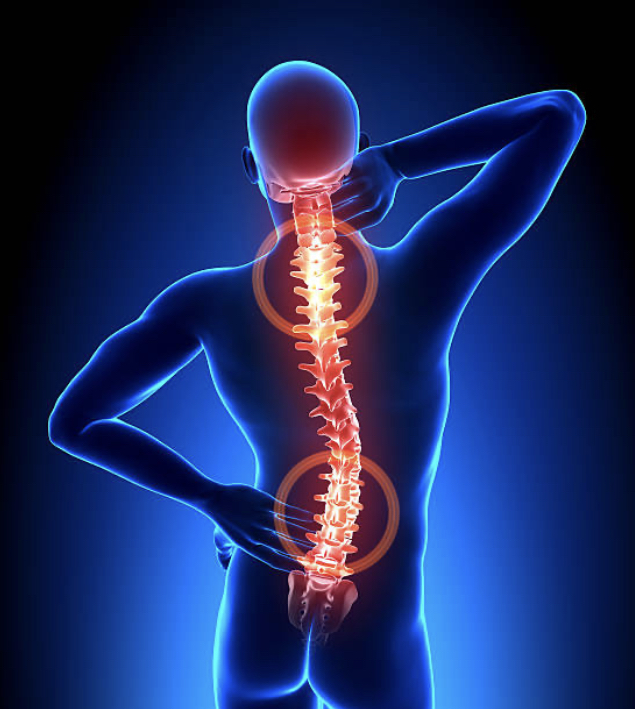
Scoliosis is the presence of an abnormal spinal curvature. This condition affects 2-3% of the population, according to the American Association of Neurological Surgeons. Scoliosis

Sciatica describes a collection of symptoms that can arise with sciatic nerve compression. This nerve is the largest and longest in the body, running from
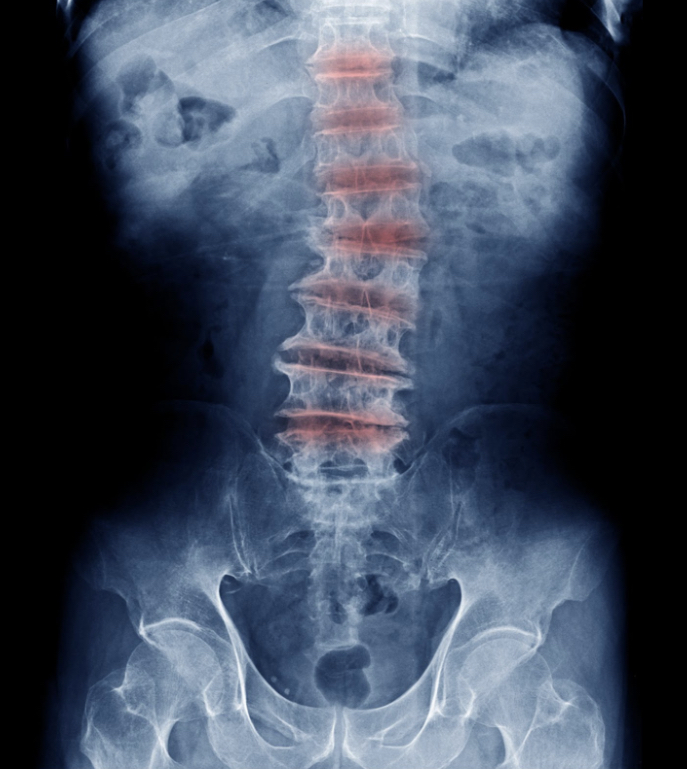
Degenerative disc disease (DDD) is a condition resulting from the natural aging process and its effects on the spinal discs. Over time the discs dry
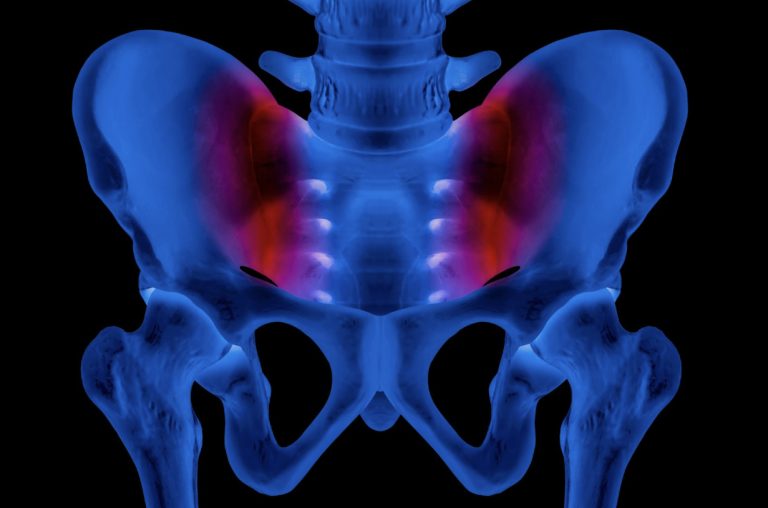
The sacroiliac (SI) joint serves a key function in connecting the base of the spine to the pelvis. Named because it connects the base of
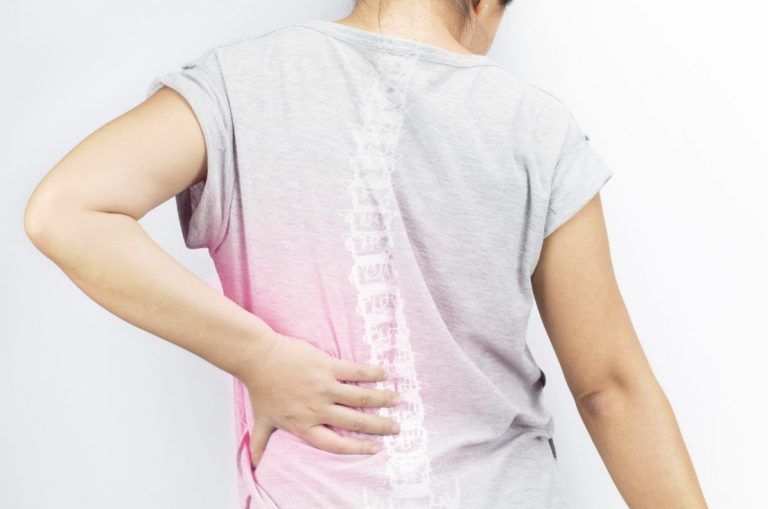
What is Degenerative Joint Disease? Degenerative joint disease is the gradual degradation of the cartilage within your joints which can include the facet joints in
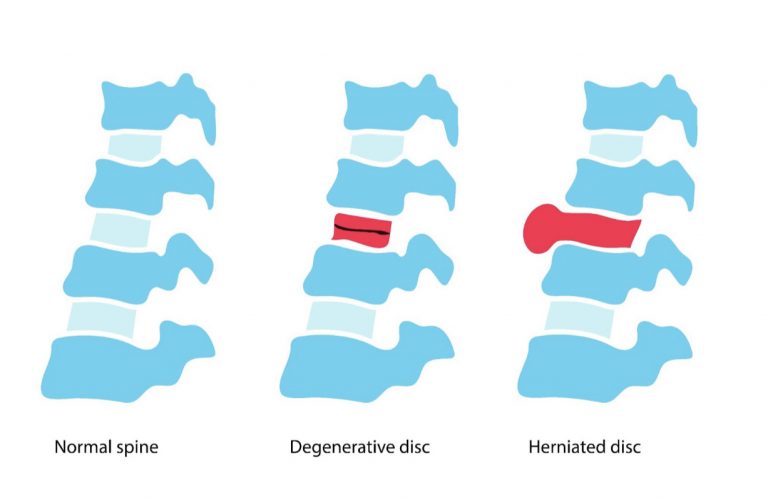
Degenerative disc disease (DDD) is a spinal condition that is caused by the deterioration of the discs with time as a result of injury. The
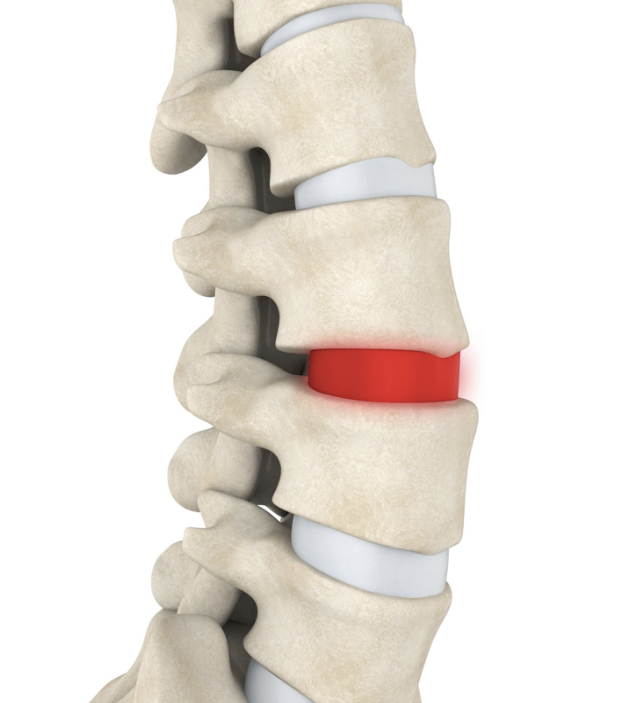
When it comes to degenerative disc disease (DDD) treatment, two common options may come to mind: prescription medications and surgery. While widely used, however, these
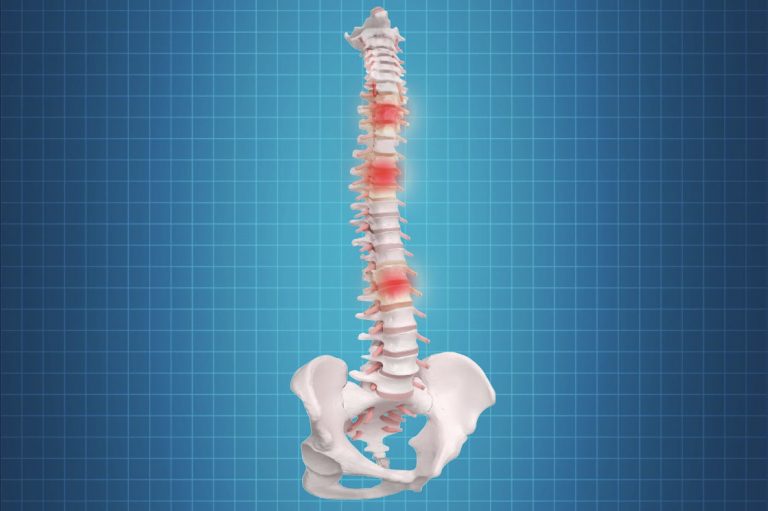
Degenerative disc disease (DDD) surgery can be the best course of treatment in certain situations but it isn’t always necessary. Many people find that their
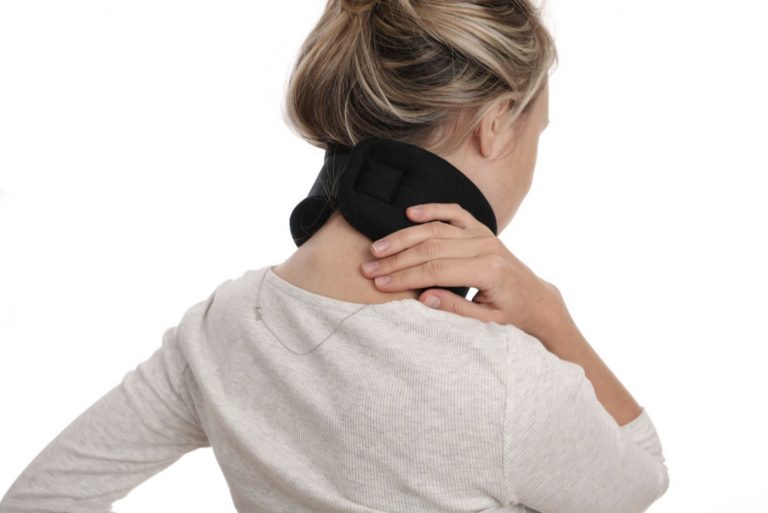
Degenerative disc disease (DDD) in the neck is relatively common because the cervical (upper) region of the spine is highly flexible and must also support
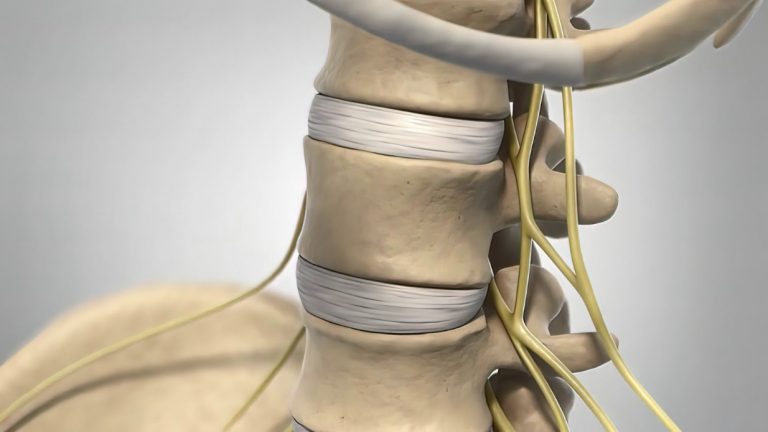
Facet syndrome can cause pain in the joints of the spine, potentially leading to radiating nerve pain affecting the extremities. There are several strategies that
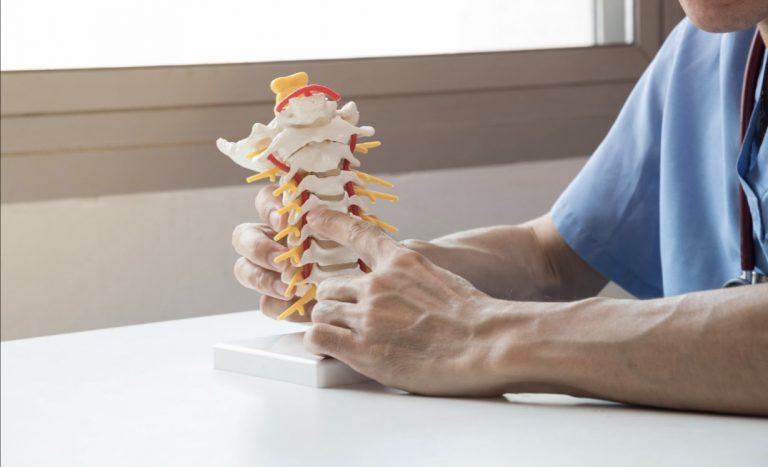
Facet syndrome, which is also referred to as facet osteoarthritis or facet disease, is a degenerative condition that occurs when a facet joint deteriorates. Facet
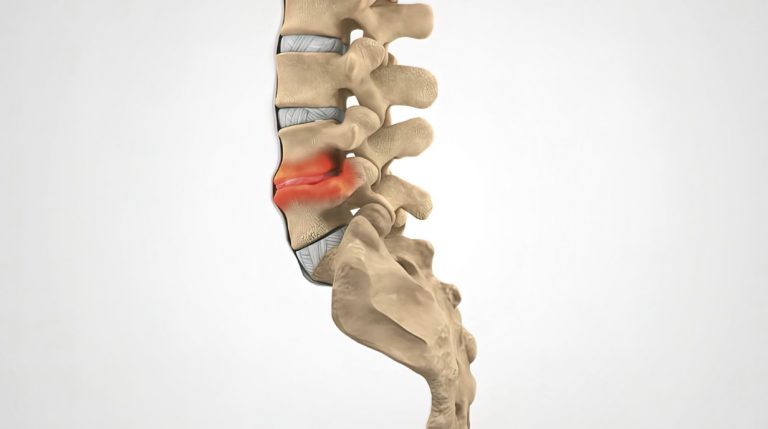
Facet syndrome, also sometimes called facet disease or osteoarthritis of the spine occurs when the facet joints that connect vertebrae break down. The facet joints
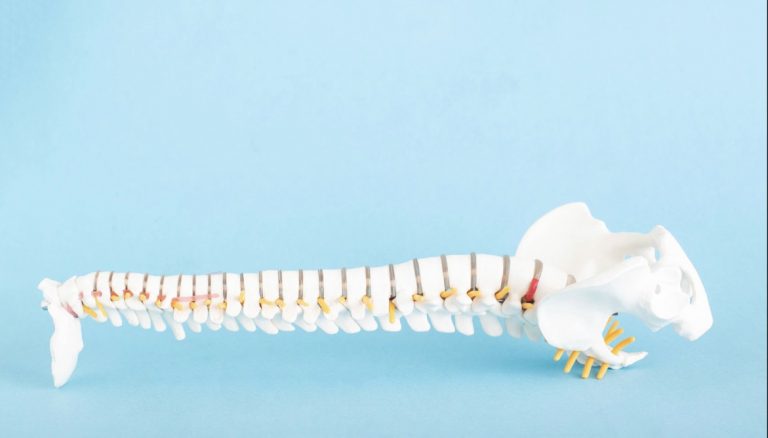
Facet syndrome treatment can take forms, all of which share a common goal: to relieve pain and improve mobility so you can resume regular activities.
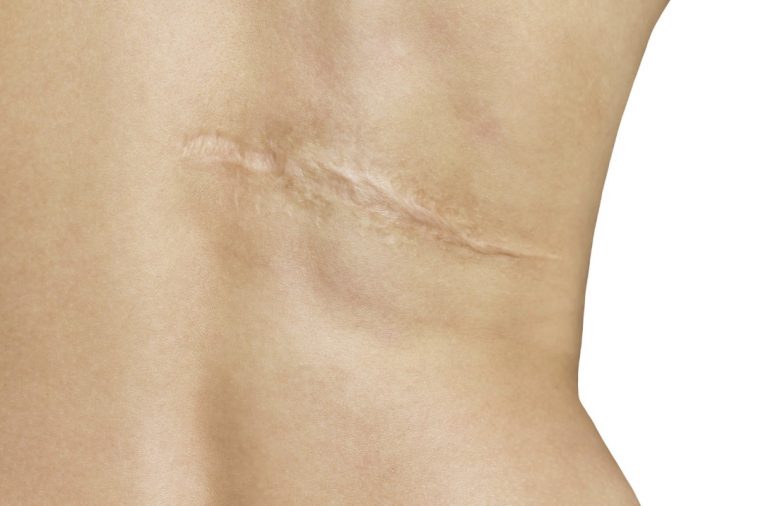
Failed back surgery syndrome (FBSS) is a term for pain and symptoms resulting from unsuccessful spine surgery. There can be a wide range of causes
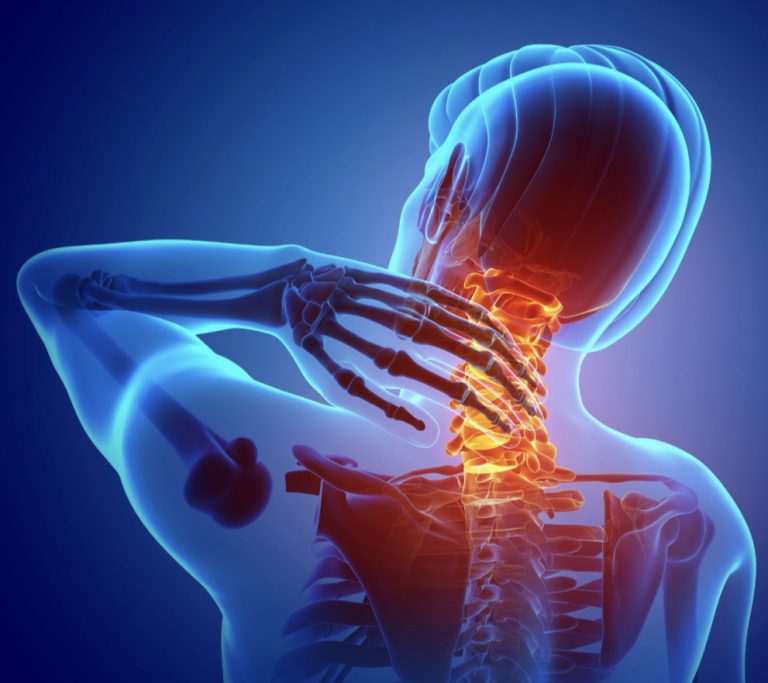
Pursuing failed back surgery syndrome (FBSS) treatment can be frustrating. Undergoing spine surgery only to have symptoms return or new ones develop can be devastating
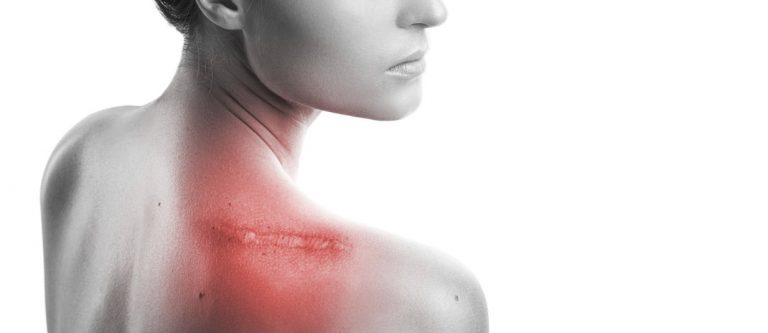
It can be incredibly disappointing to experience ongoing pain after undergoing neck or back surgery, but many people have to deal with a condition known
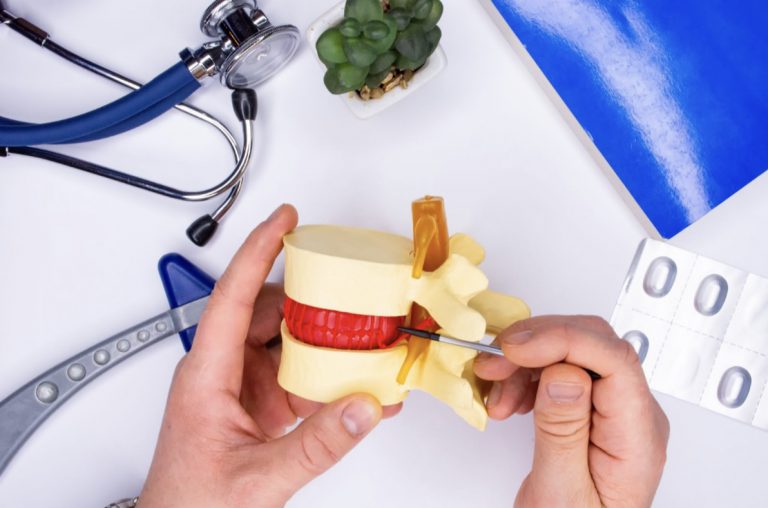
Spinal instability becomes more likely as people approach middle age and parts of the spine begin to wear out. For example, spinal discs begin to
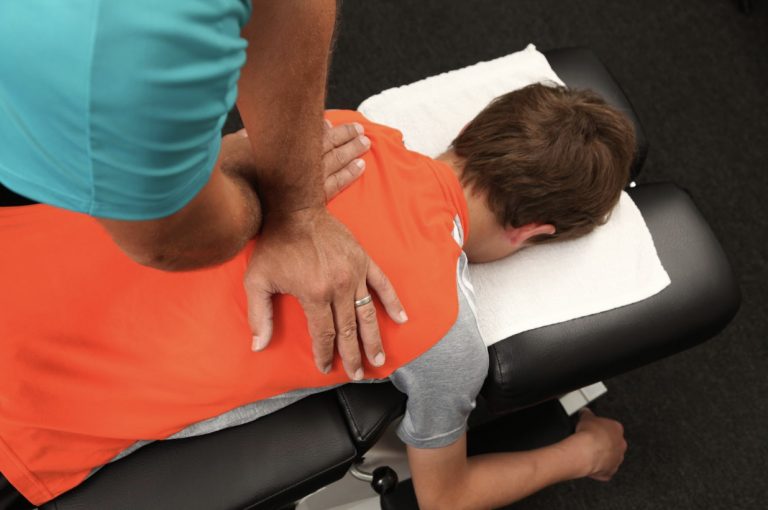
What Is Chiropractic Decompression Chiropractic decompression focuses on improving spinal nerve function by taking pressure off them through manual adjustments and devices. Nerve compression is
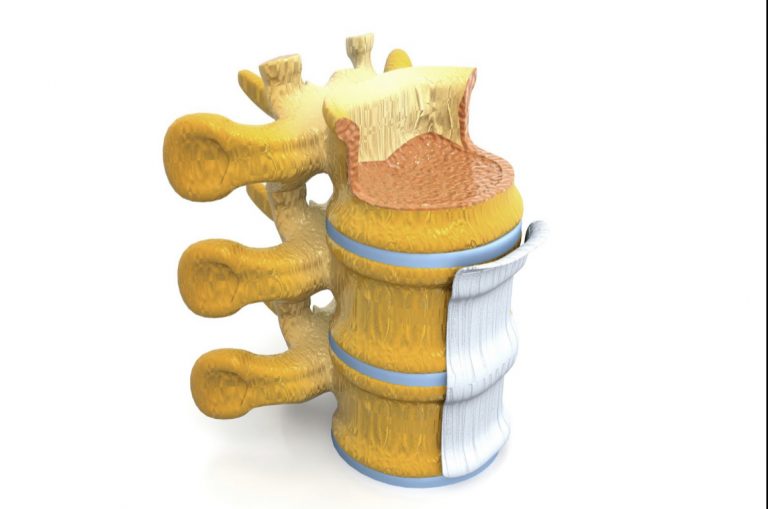
Although millions of people have neck and back conditions like herniated discs, bulging discs, or spinal stenosis, many people are unaware of possible treatment options
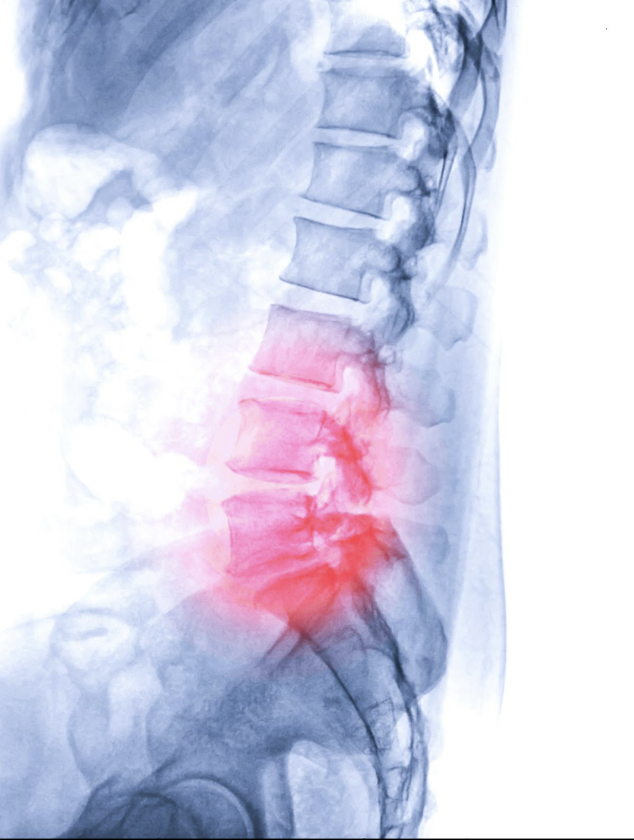
Nonsurgical decompression is the practice of using stretching, negative intradiscal pressure, or inversion to pull displaced disc material back into its proper place between two
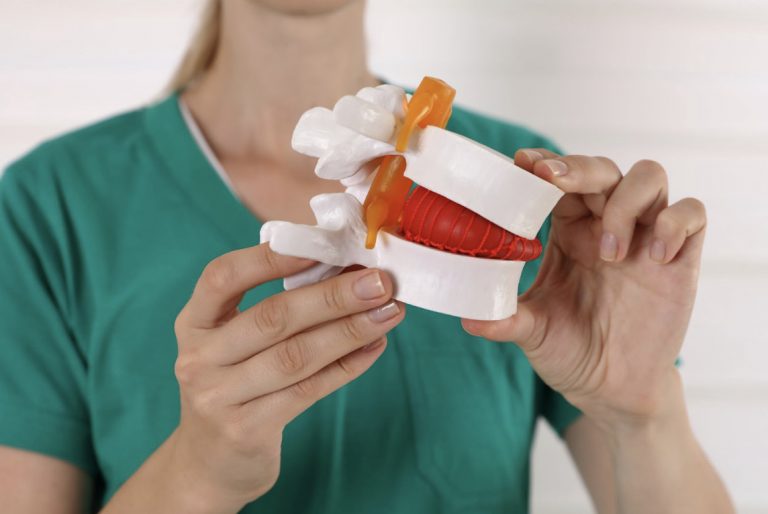
Decompression treatment options focus on releasing pressure that has built up around spinal nerves. Because the spinal cord and the nerve roots that branch off
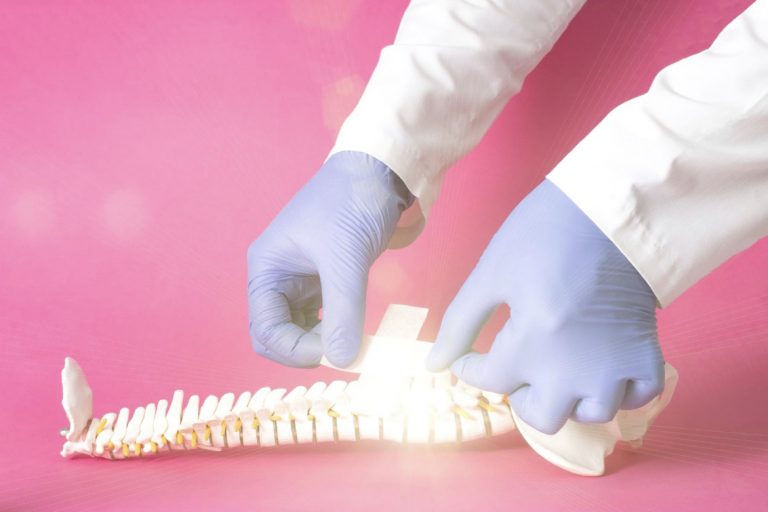
Surgical decompression of the spine describes a procedure that aims to release pressure placed on the spinal nerves. Decompression can be achieved by removing material
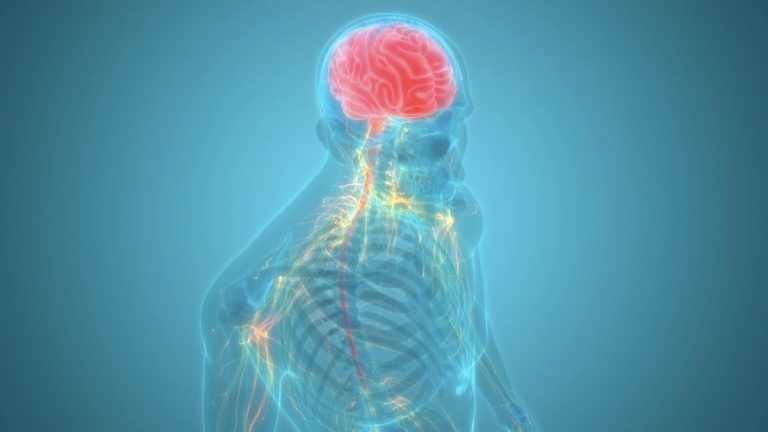
Decompression surgery can treat conditions affecting the cervical (upper) spine when conservative treatments have not brought the relief needed for a return to normal activity.